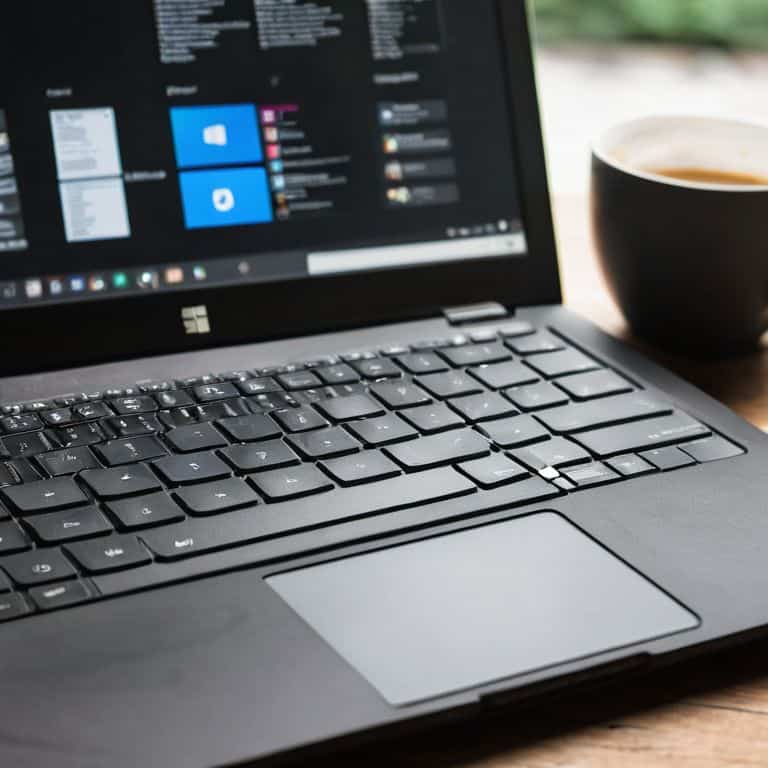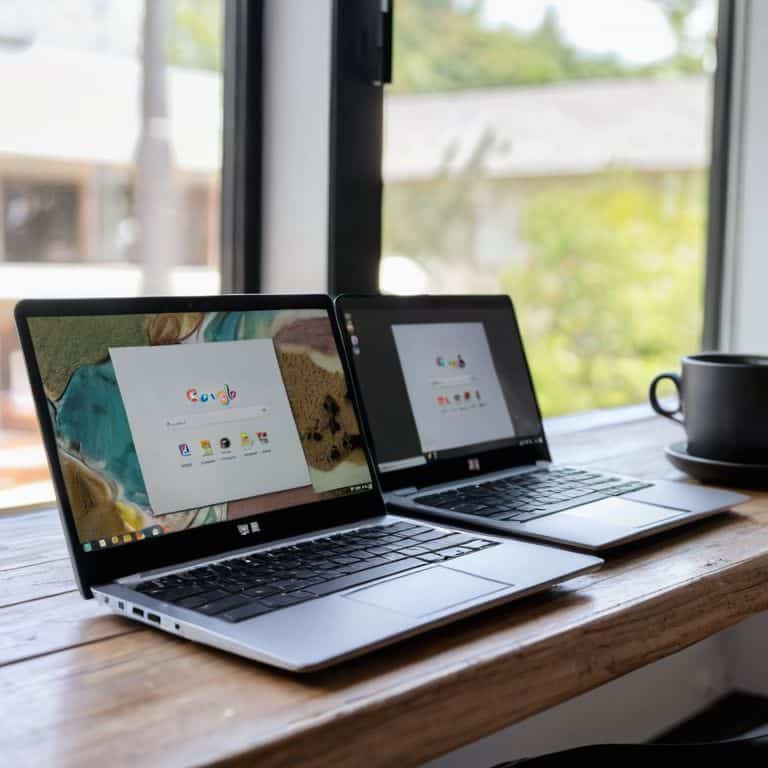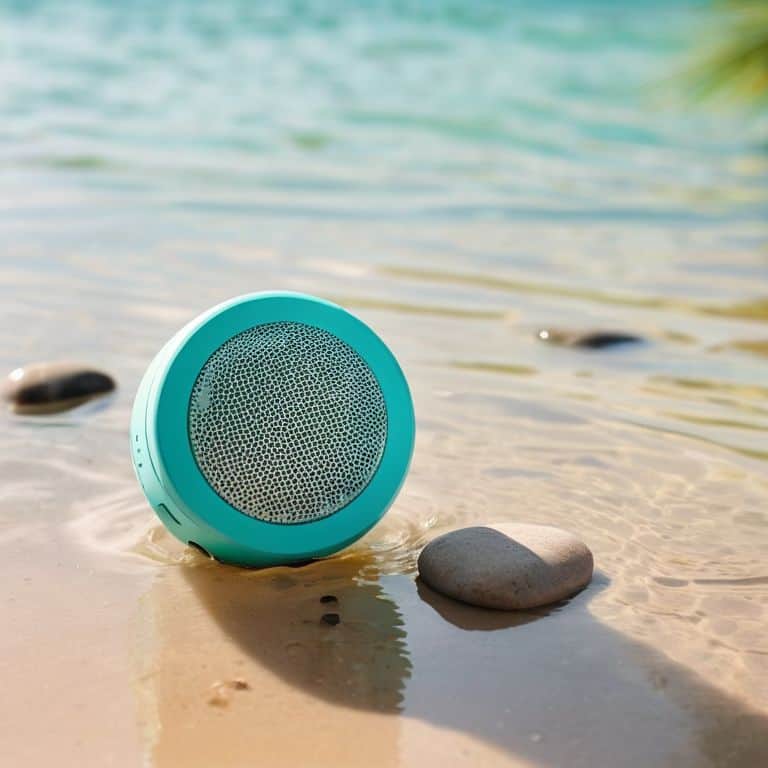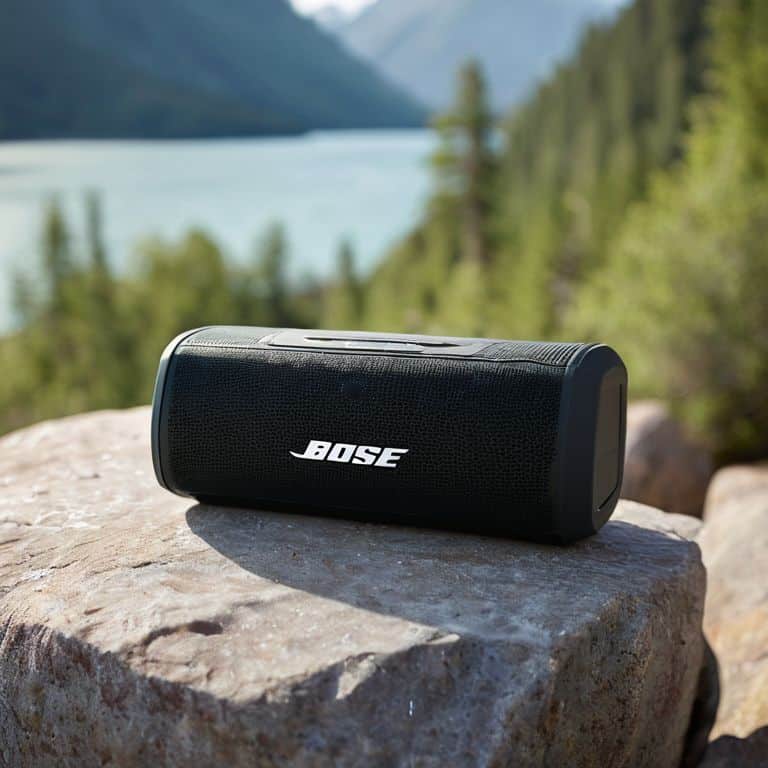I still remember the day I had to decide between a chromebook vs windows laptop for my daily needs. It was a tough call, especially with all the conflicting reviews and specs thrown around online. As someone who’s always on the go, building custom drones and gaming on retro consoles, I needed a device that could keep up with my lifestyle. But, I was stuck in the same dilemma many of you face: which one is really worth the investment?
I’ve spent the last month testing both, and I’m excited to share my honest, no-nonsense findings with you. My goal is to cut through the hype and give you a real-world perspective on which device shines in everyday use. I’ll be sharing my personal experiences, from gaming performance to battery life, to help you make an informed decision. Whether you’re a student, a professional, or just a tech enthusiast like me, I promise to provide you with the practical advice you need to choose the best device for your needs.
Table of Contents
Chromebook

A Chromebook is a type of laptop that runs on Google’s Chrome OS, a web-based operating system that streamlines your digital life by providing a simple and secure environment for browsing, emailing, and document editing, with its main selling point being the seamless integration with Google’s ecosystem. The core mechanism of a Chromebook relies on cloud-based services, allowing users to access their files and applications from anywhere, making it an attractive option for those who value portability and ease of use.
I’ve had my fair share of experience with Chromebooks, and I must say, they’ve grown on me – the idea of having a laptop that’s always connected and ready to go is incredibly appealing, especially for everyday tasks like checking emails, browsing social media, or working on documents. What I find particularly interesting about Chromebooks is how they’ve managed to simplify the computing experience, making it more accessible to a wider range of users, from students to professionals, who just need a reliable device for basic tasks.
Windows Laptop

A Windows laptop, on the other hand, is a traditional laptop that runs on Microsoft’s Windows operating system, offering a comprehensive suite of features and compatibility with a wide range of software applications, making it a versatile tool for both personal and professional use. The main selling point of a Windows laptop lies in its ability to run resource-intensive programs, such as video editing software and games, thanks to its robust hardware capabilities.
In my experience, Windows laptops have always been about power and flexibility – whether you’re a gamer, a video editor, or just someone who needs a device that can handle multiple tasks at once, Windows laptops have consistently delivered. What I appreciate about Windows laptops is the level of customization they offer, allowing users to personalize their experience and tailor their device to their specific needs, making them a popular choice among those who value control and performance.
Chromebook vs Windows Laptop: Head-to-Head Comparison
| Feature | Chromebook | Windows Laptop |
|---|---|---|
| Price | $200-$500 | $300-$1,500 |
| Key Feature | Web-based apps, Chrome OS | Microsoft Office, Windows OS |
| Best For | Basic tasks, web browsing | Gaming, heavy software use |
| Processor | Intel Celeron, MediaTek | Intel Core, AMD Ryzen |
| Storage | 16-64GB eMMC | 256GB-1TB HDD/SSD |
| Battery Life | 8-12 hours | 6-14 hours |
| Operating System | Chrome OS | Windows 10/11 |
Chromebook vs Windows Laptop

When it comes to daily usability, the debate between Chromebook and Windows laptop is crucial. This criterion matters because it directly affects how you’ll be using your device every day. Whether you’re a student, a professional, or simply someone who loves to stay connected, you need a laptop that can keep up with your lifestyle.
In a head-to-head analysis, Chromebooks shine with their streamlined interface, making it easy to navigate and find what you need quickly. On the other hand, Windows laptops offer more complex functionality, allowing for heavier tasks like video editing and gaming. However, this complexity can sometimes lead to a steeper learning curve.
In terms of practical implications, Chromebooks are generally more user-friendly, especially for those familiar with the Google ecosystem. Windows laptops, while powerful, can be overwhelming for casual users. After putting both to the test, I’d say Chromebooks take the win for ease of use, making them perfect for everyday tasks like browsing, emailing, and streaming.
Key Takeaways: Chromebook vs Windows Laptop
I found that for everyday tasks like browsing, email, and streaming, a Chromebook can be a surprisingly viable alternative to a Windows laptop, especially considering its lower price point and longer battery life
The deciding factor for me was the availability of software – if you rely on specific Windows applications for work or hobbies, a Chromebook might not be the best choice, but if you’re already invested in the Google ecosystem, it’s a great option
Ultimately, the choice between a Chromebook and a Windows laptop comes down to your specific needs and habits – after a month of testing, I can confidently say that both have their strengths and weaknesses, and it’s worth considering what you’ll actually be using your laptop for before making a decision
The Verdict
For me, the choice between a Chromebook and a Windows laptop comes down to one simple question: do you need a computer for everything, or just for the essentials? If it’s the latter, a Chromebook might just become your new best friend.
Sam Miller
The Final Verdict: Which Should You Choose?
After putting both the Chromebook and Windows laptop through their paces for a month, I’ve got a good sense of where each shines and falls short. The Chromebook is a budget-friendly option that excels at basic tasks like browsing, email, and streaming, making it perfect for those who want a hassle-free experience. On the other hand, the Windows laptop offers more processing power and flexibility, allowing for more demanding tasks like video editing and gaming. This difference in capability is a key factor in deciding which one is right for you.
So, who should choose which? If you’re a casual user who just needs something for everyday tasks, I’d recommend the Chromebook – it’s hard to beat the value for the price. However, if you’re a power user who needs more advanced features and isn’t afraid of a higher price tag, the Windows laptop is the way to go. Ultimately, the decision comes down to your specific needs and what you’re willing to pay for – but with this comparison, you should be able to make an informed decision that’s right for you.
Frequently Asked Questions
Can I run Microsoft Office on a Chromebook?
So, you wanna know if you can run Microsoft Office on a Chromebook? The answer is yes, but with a catch. You can use the web-based version of Office or install the Android apps, but it’s not the full desktop experience. I’ve tried it out, and while it works, it’s not as seamless as on a Windows laptop.
How does the gaming experience differ between a Chromebook and a Windows laptop?
Honestly, gaming on a Chromebook is a mixed bag – it’s great for Android games and streaming services, but falls short for demanding PC titles. My Windows laptop, on the other hand, handled heavier games with ease, making it the clear winner for serious gamers like myself.
Do Chromebooks and Windows laptops have the same level of compatibility with external hardware devices?
Honestly, I’ve found that Windows laptops generally have better compatibility with external hardware devices, thanks to their wider range of ports and drivers. Chromebooks, on the other hand, can be a bit more limited, but they’re getting better with USB-C and cloud printing. In my month-long test, I had fewer issues with Windows, but Chromebooks still worked smoothly with most of my everyday devices.









